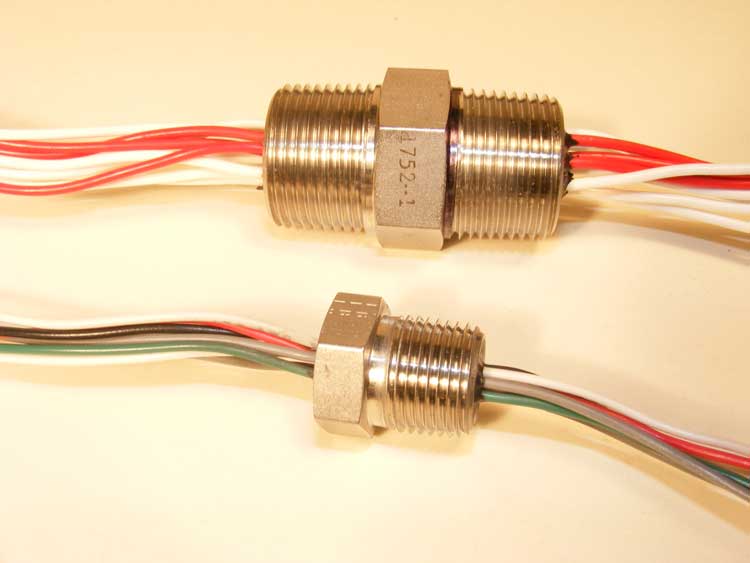Forbrukslån: Everything You need to Know about Home Equity Loans
Home equity loans (HEL) make it possible for individuals to turn the value of their house into physical money in their pockets. Whether they want to leverage these funds in their homes or use them to pay for necessary expenses like their daughter’s wedding, a much-needed vacation, upgrade their living rooms, or pay less interest rate (IR) on their current debts, HEL is an excellent resource for property owners.
Types of HELs
HELs are usually offered in the following types:
Traditional HEL
This kind of home equity debentures usually becomes a second housing loan on the house. Conventional HELs allow individuals to leverage a fixed amount of funds at a fixed IR. Some lending firms offer ten, fifteen, twenty, or thirty-year terms without origination, appraisal, or application fees, as well as no cash, is needed at closing.
HELOC or Home Equity Line of Credit
This kind of HEL is a short or medium-term debenture with tons of flexibility. With this kind of credit, people only borrow what they need, and they only pay IR on the funds they have borrowed. Since a lot of HELOCs have five, seven, or ten-year terms, the balance of HELOCs is converted into conventional second mortgages once these things expire. It means people will end up with a second housing debenture in the amount of their Home Equity Line of Credit balance.
For more info about LOCs, click here for details.
Cash-out refi debentures
This kind of HEL allows people to increase the amount of their current loan by refinancing the borrowed amount into new debentures. Instead of having two loans, cash-out refi debentures combine the borrowed amount with the principal amount of their existing housing debentures.
What is house value, and how much equities do homeowners have?
Your house is considered one of your biggest and greatest assets. As you pay your housing debenture and property values in your area rise, the house’s value also increases. The cash value is your property equity. It is the value of homeownership. To calculate these things, people need to know the total amount of all their debts secured by their property, like their current mortgage private or business debentures, and they need to know their property’s current fair market price.
Simply put, the house equity can be calculated by subtracting all debts secured by the house from its fair market value. For instance, if the property is worth $400,000 and the current loan is $220,000, then the borrower has $180,000 of equity in their house.
Their borrowing ability will depend on the CLTV or Closed Loan-to-Value. Closed Loan-to-Value is the borrower’s debenture amount plus their loan balance, divided by the value of their property. Some financial institutions accept Closed Loan-to-Value less than ninety percent with a maximum debenture amount of $200,000.
Using the example mentioned above, individuals can borrow up to $140,000 of their equity. It is because $140,000 plus $220,000 (the mortgage balance), divided by $400,000 (the value of the property), is equal to ninety percent Closed Loan-to-Value. People’s borrowing ability is also dependent on their credit scores.
What can homeowners do with their property equity debentures?
These credits offer homeowners excellent financing opportunities because of their adaptability and flexibility. People can use the funds they get from these debentures to pay for house improvements, pay for major life events or expenses, or consolidate high-IR debts.
Improve your property
People can use these debentures to improve their houses. They can forget about the days of wishing for a beautiful HGTV renovation and start their own remodeling project. Using these debentures to improve your house is an excellent way to leverage your money. As a matter of fact, some projects can instantly increase the equity by increasing the value of the property.
High-IR debt consolidation
High-IRs on unsecured credits can become a huge problem if a person is planning to have a debt-free life. Since HELs usually have lower IR compared to unsecured debentures, using these loans to pay off debts can be a smart move to make. People may enjoy lower monthly amortizations on their new credits.
Pay for big purchases
People can use property equity credits instead of using unsecured personal debentures or credit cards to pay for big-ticket expenses like luxury vacations, a wedding, or school tuition fees. People can even use these credits to pay for unexpected expenses for medical emergencies. HEL enables homeowners to use their expensive assets to pay for all types of costly expenses.
These credits usually offer low-interest rates compared to other kinds of financing. People should consider the best loan to finance a couple of things that they might have funded instead of using their high-IR credit cards or options such as niche financing. Almost all kinds of housing properties can be used to secure a HEL, including single-family residences, townhouses, or condominiums.
Commercial properties, manufactured homes, and investment properties can’t be used to secure this type of credit. It is imperative to take inventory of a person’s personal finances before getting HEL. Their house is the collateral for their credit, so failure to repay it can put their houses at risk. Always borrow smartly, and make sure they understand how these things work before they get one.
What are the advantages of these credits?
These loans are not always the best option when individuals have short-term expenses. For instance, if they use a ten-year term loan to buy an automobile they own for five years, individuals could pay more IR than they should. It is because people are paying on loans for a longer period compared to what they likely would with auto loans. While car credits may have higher IRs, the loan term is not as long, so the financial advantage provided by using it HEL may be negligible.
People also want to avoid using these loans to consolidate debts with high IR if they are going to get new high-IR debts again. Debt consolidation is made to minimize the financial stress. But HEL unwisely will only generate more financial stress for homeowners in the near future if they get one for the wrong reasons.








